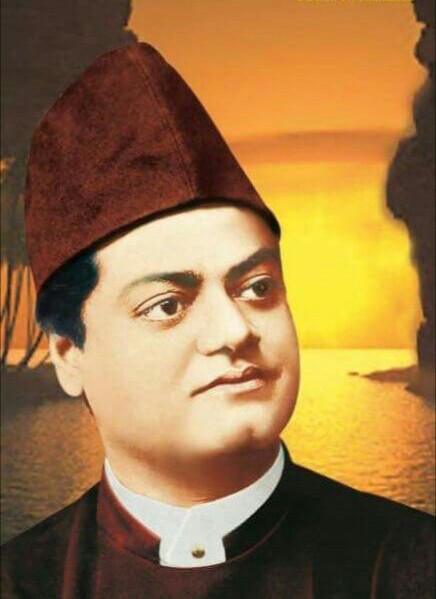Love is its own end. It can never be the means. The man who says, "I love you for such and such a thing", does not love. Love can never be the means; it must be the perfect end. What is the end and aim of love? To love God, that is all. Why should one love God? [There is] no why, because it is not the means. When one can love, that is salvation, that is perfection, that is heaven. What more? What else can be the end? What can you have higher than love?
I am not talking about what every one of us means by love. Little namby-pamby love is lovely. Man rails in love with woman, and woman goes to die for man. The chances are that in five minutes John kicks Jane, and Jane kicks John. This is a materialism and no love at all. If John could really love Jane, he would be perfect that moment. [His true] nature is love; he is perfect in himself. John will get all the powers of Yoga simply by loving Jane, [although] he may not know a word about religion, psychology, or theology. I believe that if a man and woman can really love, [they can acquire] all the powers the Yogis claim to have, for love itself is God. That God is omnipresent, and [therefore] you have that love, whether you know it or not.
(Complete Works, Volume IV, Vedanta and the West)

No comments:
Post a Comment